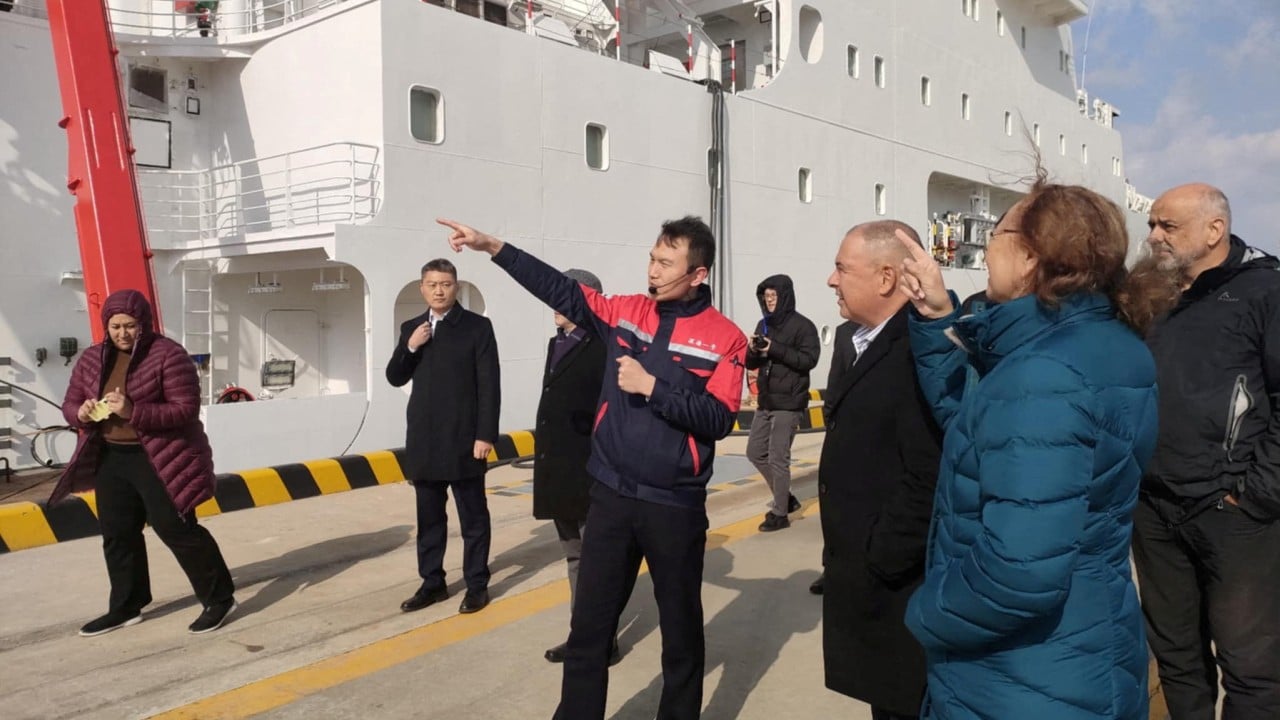China’s engagement with the Pacific has once again been placed under the microscope after the announcement that it signed a “strategic partnership” with the Cook Islands.
Advertisement
This comes after a security agreement China signed with the Solomon Islands in 2022 and a proposed agreement involving 10 Pacific countries that was put on hold after objections from some Pacific states, significant pushback from Australia and tensions with the United States.
Unsurprisingly, the news of the deal between China and the Cook Islands has elicited a wave of concern throughout the Anglosphere, including New Zealand, which has a free association relationship with the Cook Islands. New Zealander Foreign Minister Winston Peters seemed upset, saying Wellington was kept “in the dark”. Peters said New Zealand would analyse how the deal could affect the country’s “vital national interests”.
While Peters has maintained a diplomatic tone, the response of the New Zealand commentariat has been much more alarmed. One prominent commentator called the agreement a “frog in the pot moment” amid China’s apparent efforts to “establish a new order in the Pacific”. Another claims that “China is driving a wedge between the Cook Islands and New Zealand” while one commentary states that “New Zealand can learn from Australia’s new approach” which has redefined “competition in the region”.
The response so far illustrates that dated frames of analysis – such as realist notions of great power politics and the underlying zero-sum nature of international relations – still dominate. This is why characterisations of the Indo-Pacific as representing something of a “new cold war” have become so popular in recent times, despite the current situation bearing little resemblance to the original Cold War.

The theory of multiplexity – pioneered by international relations scholars such as Amitav Acharya, a professor at American University – offers an intriguing alternative lens to consider the recent geopolitical shifts in the Pacific.

